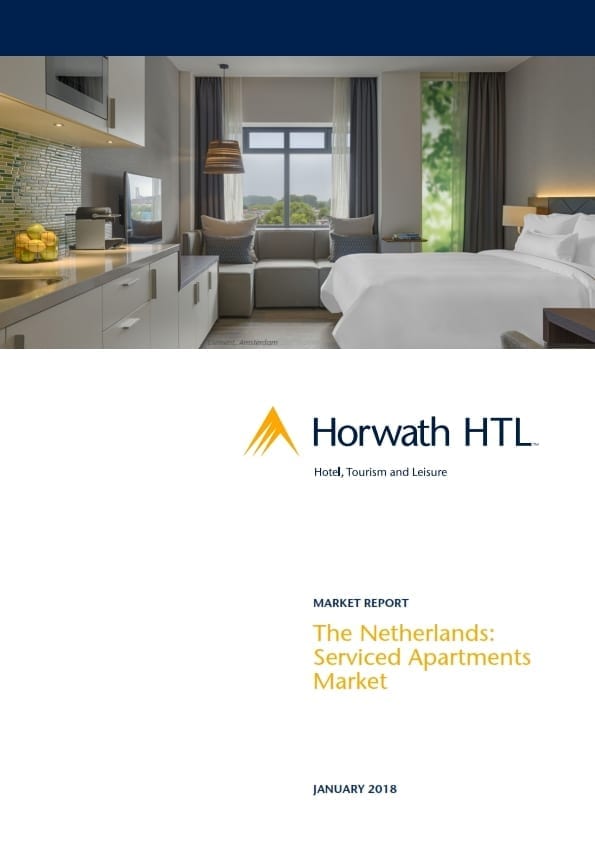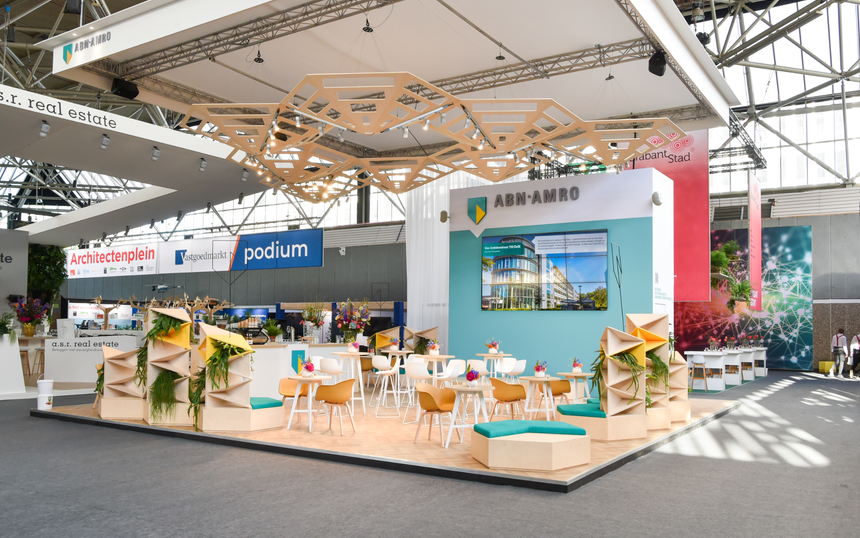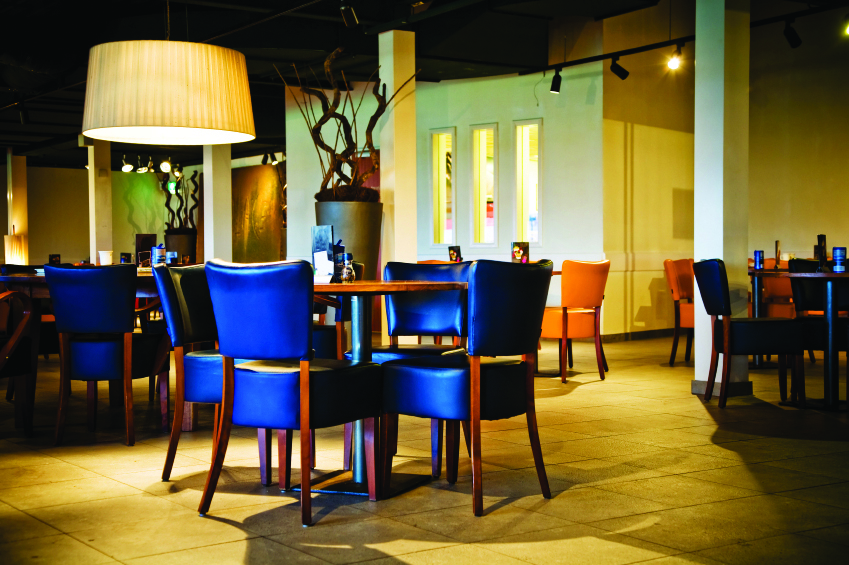
Press release: Serviced Apartments is fastest growing hospitality segment in The Netherlands
Date: 28. January 2018
The market for serviced apartments is the fastest growing segment of the hospitality industry in the Netherlands, as shown in a new market report by Horwath HTL. The number of branded serviced apartments providers has increased exponentially over the last three years. Stimulated by the increase of supply, the demand has also increased. As a result, occupancies and average room rates for serviced apartments continue to rise.
On January 24th, Horwath HTL Netherlands director Ewout Hoogendoorn is hosting a panel on the ‘have invested’ v the ‘have not invested’ and what’s ‘hot’ and what’s ‘not’ at the Serviced Apartment Summit Europe: Recharge 2018 at Zoku Amsterdam.
High occupancies and average room rates
Despite the fast growth in supply in the serviced apartments market, the occupancies and average room rates in the participating providers have increased in 2017. The average occupancy level increased from 73% in 2016 to 79% in 2017. Average room rates meanwhile increased from € 119 in 2016 to € 126 in 2017. As a result, the RevPAR for serviced apartments in the Netherlands increased by 15% in one year, from € 87 in 2016 to € 100 in 2017.
Serviced apartments providers participating in the survey almost unanimously project increased occupancies and average room rates in 2018, resulting in a projected record high for the Revenue Per Available Room. On average, the RevPAR is projected to increase by another 6% in 2018.
Serviced apartments attracting more leisure guests
In 2017, approximately 60% of all serviced apartments guests were business related, while 40% were leisure guests. In Amsterdam, the market share of leisure guests is larger than in the other cities in the Netherlands.
Traditionally, serviced apartments in the Netherlands were primarily aimed at corporate or government staff and management staying for a number of months, during temporary or new assignments. Private guests would also use serviced apartments following a disaster or divorce, or during remodeling.
Recently, serviced apartments have moved closer to the hotel market and will allow for shorter stays of one to five nights as well as longer stays. As a result, the apartments are also aimed at the tourism markets and are directly competing with hotels.
In 2017, 24% of the serviced apartments market consisted of stays of less than three nights, while 20% of guests stayed three to seven nights. The largest segment of guests, 35%, stayed between seven and thirty nights. Still, almost 45% of guests has a stay of less than seven nights. Only 20% of guests stay more than thirty nights, and only 1% has a length of stay of more than 180 nights. In Amsterdam, the average length of stay is notably longer, with over 46% staying seven to thirty nights and only 35% staying less than seven nights. In other cities, over 54% of guests stay less than seven nights.
Rapid expansion of supply
The Dutch branded serviced apartments market is composed of 27 main providers offering a total of over 3,500 serviced apartments. With over 1,900 serviced apartments (16 providers), Amsterdam Metropolitan Area is responsible for 56% of the total supply. Over the last three years, at least 17 new accommodations were opened in The Netherlands, offering a total of over 2,000 apartments.
Recently opened serviced apartments providers include local independent companies (such as Cityden Up, Zoku and Hotel2Stay), hotel operated brands (such as Amrâth Apart-Hotel, Premier Suites Plus and Element) and international serviced apartments providers such as B-aparthotel and Eric Vökel.
The rapid expansion of the market for branded serviced apartments is expected to continue in the coming years. At least 12 new developments are planned, with a total of at least 1,100 new apartments by 2020.
Serviced apartments – between hotel and housing
The various takes on serviced apartments market make this particular segment challenging to define. Based on the longer average length of stay, hoteliers generally refer to serviced apartments as ‘extended-stay’ or ‘long-stay’. On the opposite side, the residential sector has been referring to this market as ‘short-stay’, due to the lower average rental period of the tenant.
Horwath HTL defines serviced apartments as fully furnished apartment units with (private) kitchen facilities. The units are available for both short-term and long-term stay, and come with accompanying amenities such as housekeeping service, laundry facilities, utilities and wireless internet.
In the past, the serviced apartments market in the Netherlands had a distinct position between hotels and housing. Over the past few years however, this position has changed. One of the reasons is that more and more hotels and hotel chains are offering hotel apartments specificly catered to the extended stay market. The other main reason is that current serviced apartments providers also rent out the apartments on a nightly basis, in effect entering the hotel market. As a result, the market for serviced apartments can now be considered a distinct part of the overall hotel market.
About the Horwath HTL Serviced Apartments survey
The special market report by Horwath HTL provides a general introduction to the serviced apartments market and summarizes the outcome of a survey conducted by Horwath HTL Netherlands (Q4 2017). The survey findings represent the performance data collected from 18 participants, offering 1,800 apartments across various regions in the Netherlands. 56% of the participating apartments are located in the Amsterdam Metropolitan Area, and 44% in the other cities.
—



